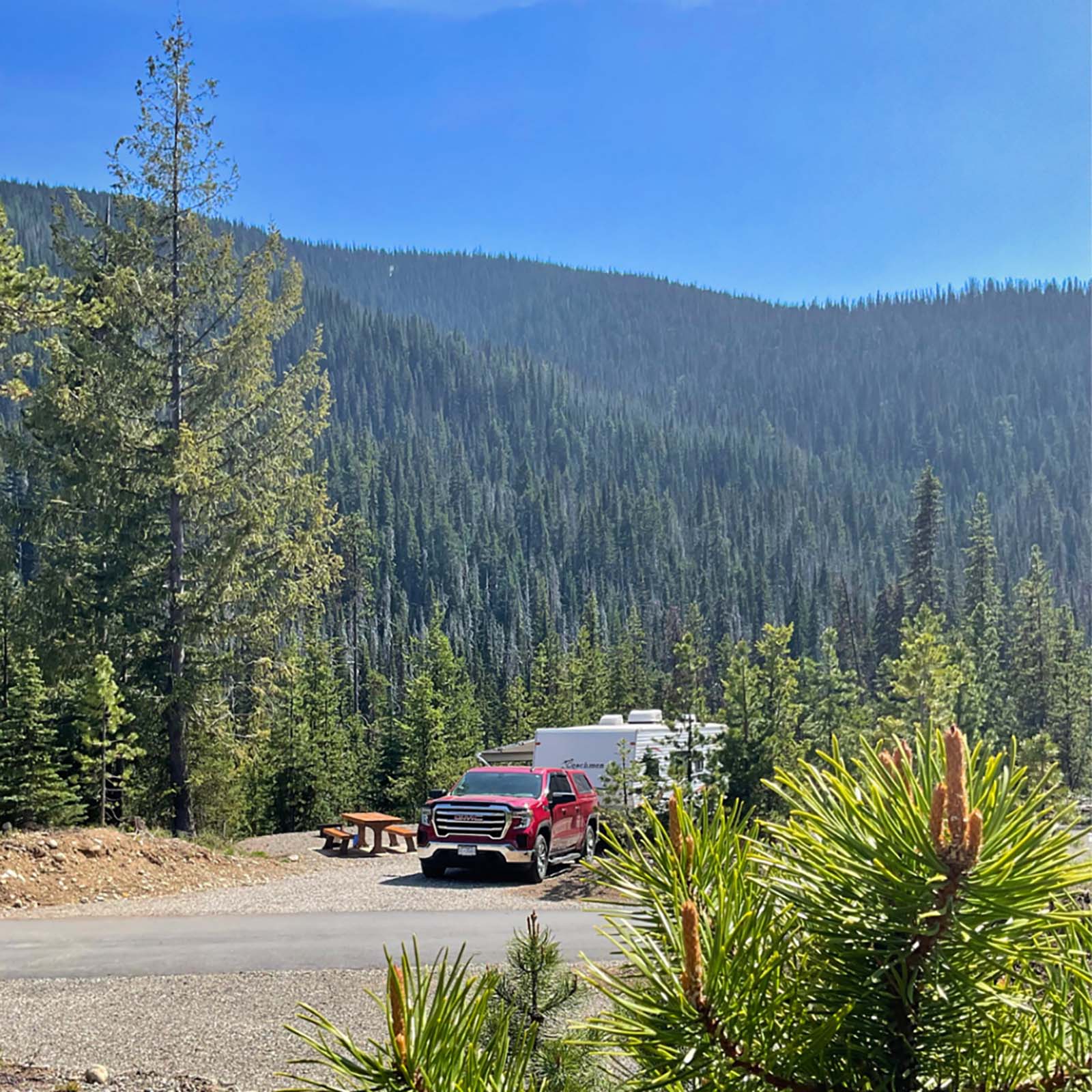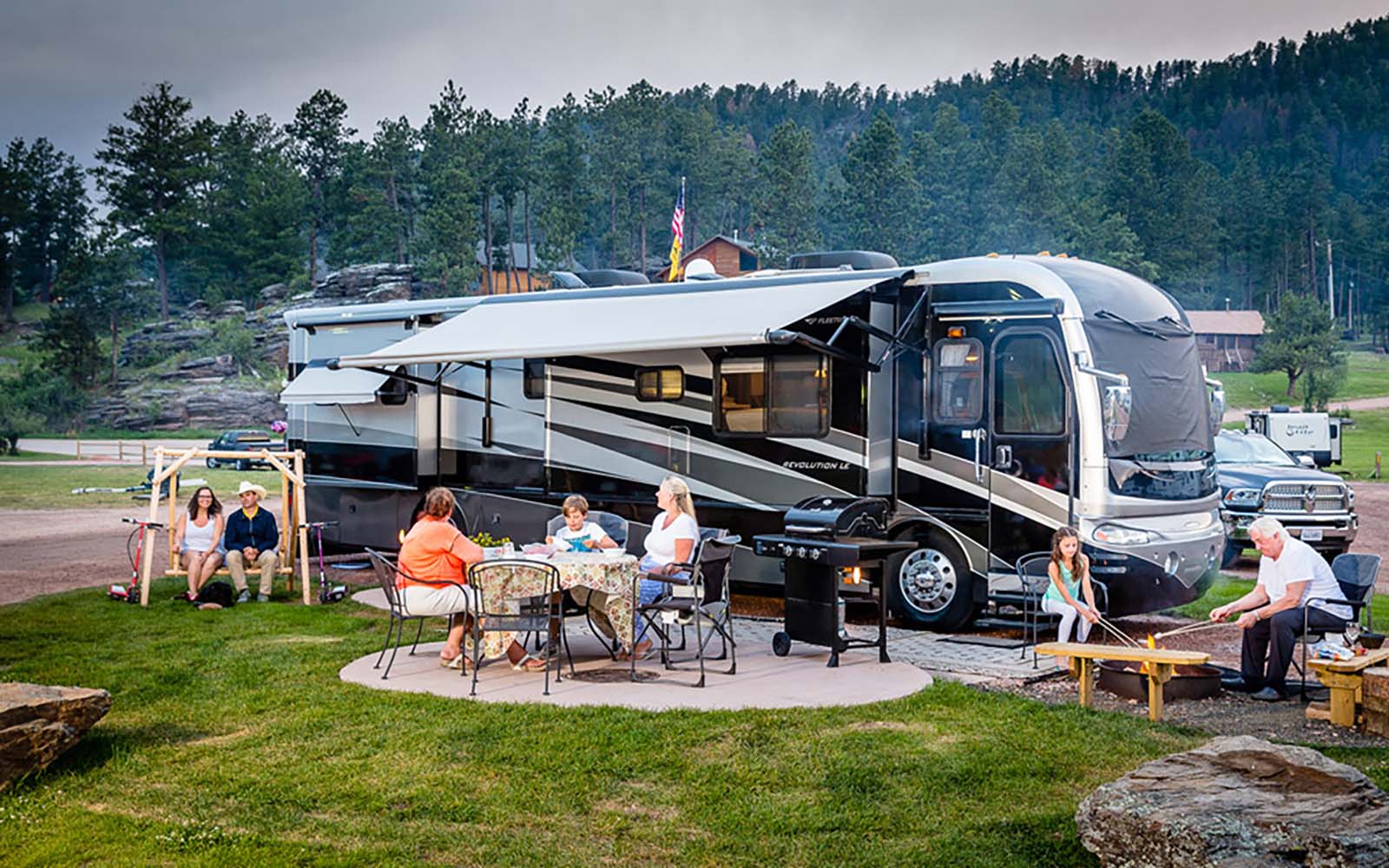The Best Batteries for RV: Ensuring Your Power Needs are Met

Whether you’re a seasoned RV traveler or just starting your journey, having a reliable and efficient battery is crucial for powering up your adventures. With so many options available, it can be overwhelming to choose the best battery for your RV. However, by considering factors such as capacity, lifespan, maintenance, and rechargeability, you can narrow down your options. Read on to discover some of the best batteries for your RV adventure!
1. Lithium-Ion: The Superior Choice
Lithium-ion batteries have gained immense popularity in the RV community due to their advanced technology and impressive performance. These batteries offer a higher energy density, longer lifespan, and faster charge times compared to traditional lead-acid batteries. Although they come with a higher price tag, their efficiency and durability make them a worthy investment for frequent RV travelers seeking reliable power on the road.2. AGM: The Versatile Powerhouse
If you’re searching for a battery that can handle deep cycling and has a low self-discharge rate, look no further than Absorbed Glass Mat (AGM) batteries. These maintenance-free batteries utilize a special fiberglass mat to hold the electrolyte, preventing spills and allowing for versatile installation positions. AGM batteries excel in providing a steady flow of power, making them an excellent choice for RV enthusiasts who value reliability and convenience.
3. Flooded Lead-Acid: A Budget-Friendly Option
Flooded, or wet cell, lead-acid batteries have been a popular choice among RVers for many years. These batteries are well-known for their affordability and can withstand deep discharges effectively. However, they require regular maintenance and venting due to their liquid electrolyte, which may be less appealing for some RV travelers. Despite these requirements, flooded lead-acid batteries remain a reliable and cost-effective choice for those on a budget.4. Gel: A Safe and Stable Alternative
Gel batteries are another option to consider when looking for a safe and stable power source for your RV. These batteries use a gel-like electrolyte that reduces the risk of spills and allows for installation in various positions. Gel batteries are highly resistant to vibration and shock, making them ideal for off-road adventures. While they may have a slightly shorter lifespan compared to other battery types, their enhanced reliability and safety features make them a top contender.5. Deep Cycle: Powering Your Long Adventures
Deep cycle batteries are designed to provide a steady flow of power over an extended period, making them ideal for prolonged RV trips. These batteries can handle multiple discharge and recharge cycles without significant damage, ensuring a continuous power supply. Whether you opt for a deep cycle battery in lead-acid, AGM, or lithium-ion form, this type of battery will serve you well if you’re planning extended stays off the grid.

